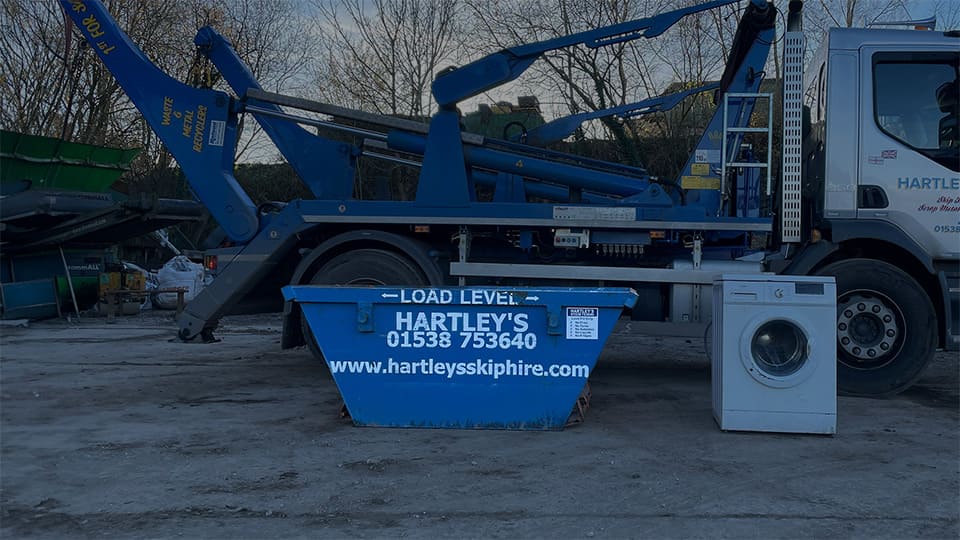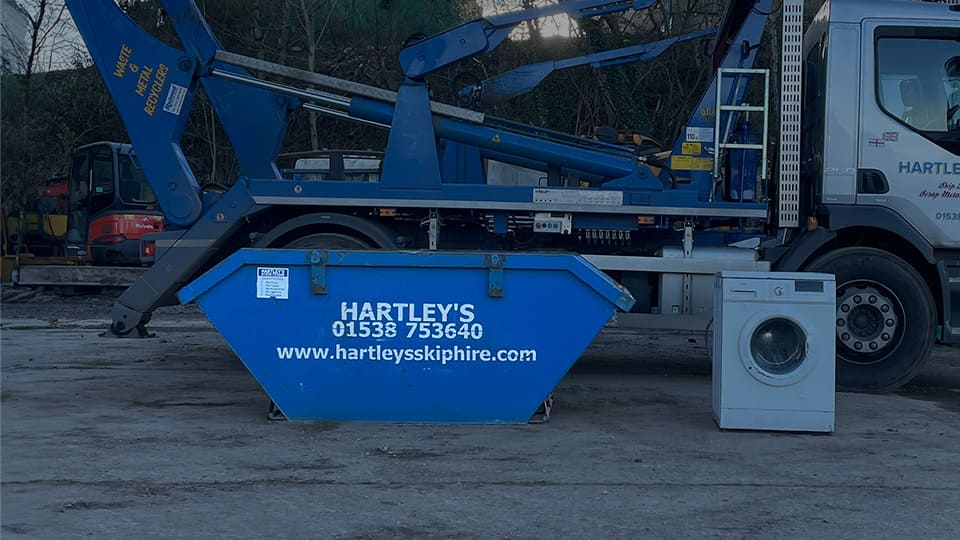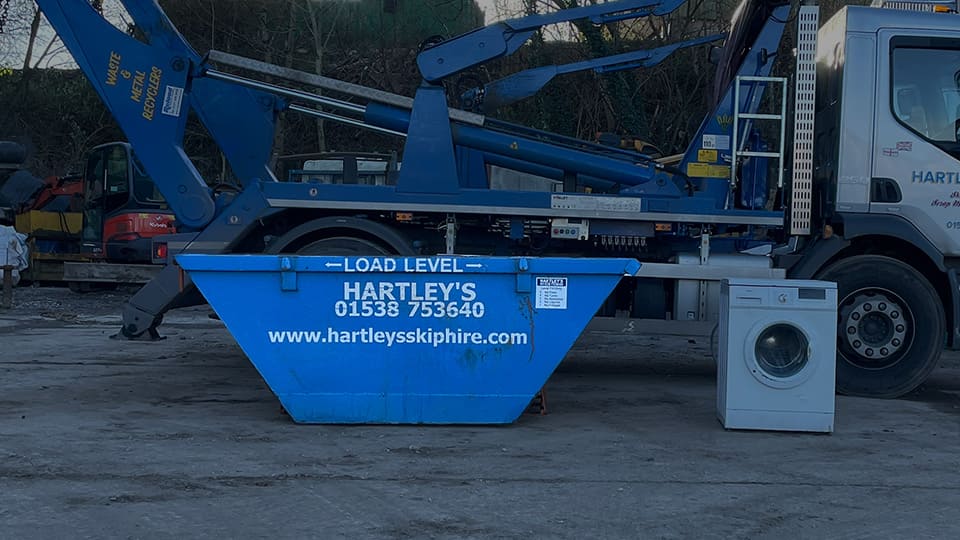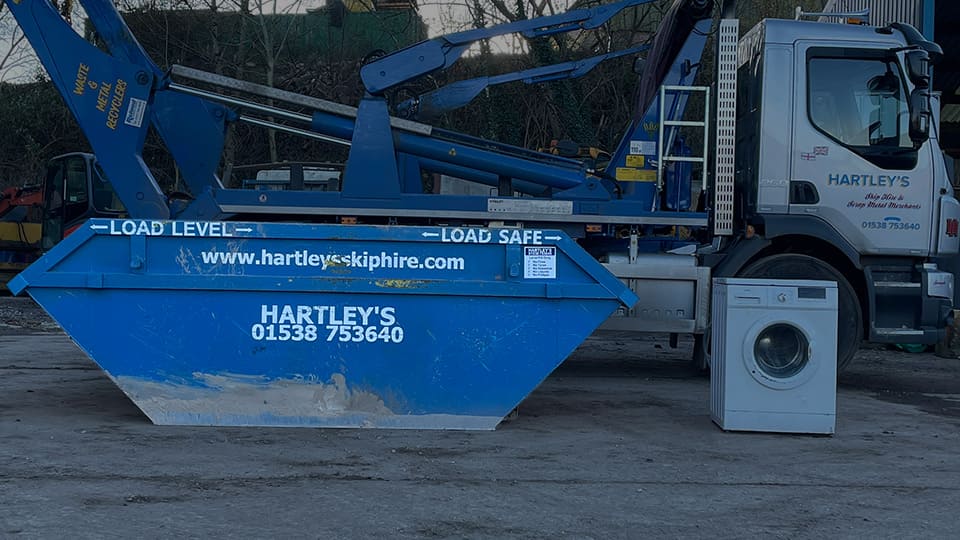Summary
Selecting the appropriate skip size is crucial for efficient waste management. For small projects like garden clear-outs, a 2 Tonne Mini Skip is ideal. Medium projects such as kitchen refits need a 4 or 5 Tonne Midi Skip. Large renovations require a 10 Tonne Large Skip. Consider waste type, available space, and cost efficiency. Consult experts if unsure. Proper skip size selection saves money and supports environmental sustainability.
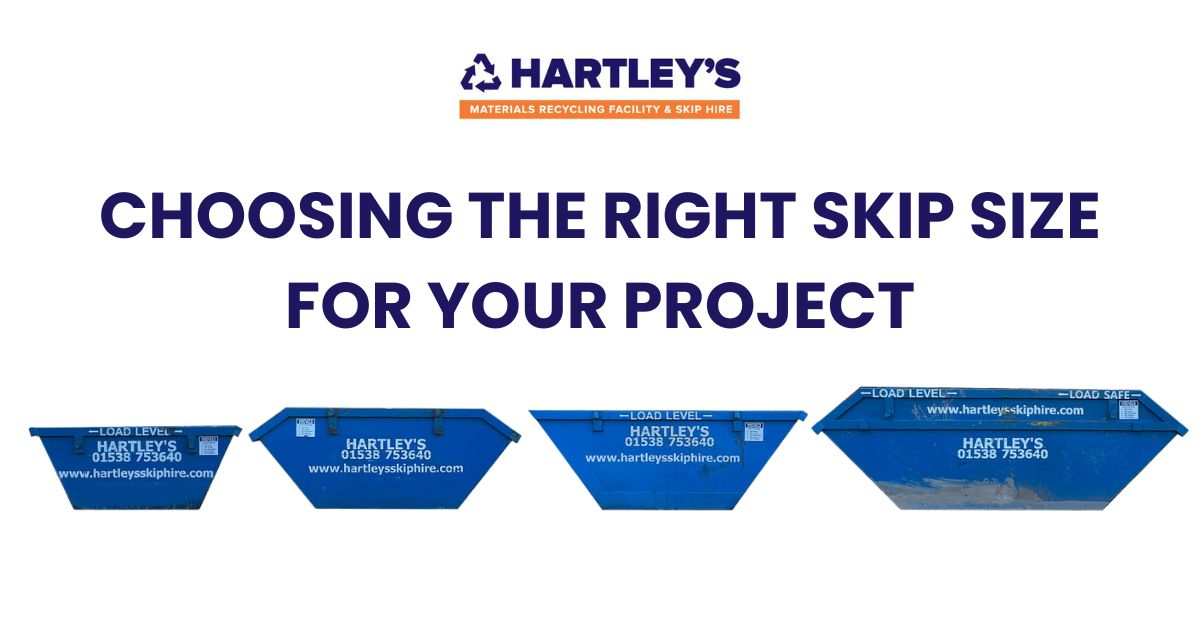
Choosing the Right Size Skip for Your Project
A Comprehensive Guide
When embarking on a project that involves waste management, choosing the right skip size is crucial for efficiency and cost-effectiveness. Here’s an in-depth guide to help you make the best decision.
Assess Your Waste Volume
Small Projects:
If you’re tackling a garden clear-out or minor DIY tasks, the 2 Tonne Mini Skip is perfect. It accommodates 25-35 bin bags of waste. Ideal for small household or garden projects, this skip is easy to maneuver and fits well in tight spaces.
Medium Projects
For slightly larger undertakings like bathroom or kitchen refits, consider the 4 Tonne Midi Skip, which holds 45-50 bin bags, or the 5 Tonne Midi Skip, with a capacity for 55-65 bin bags. These skips are great for handling moderate amounts of waste without taking up too much space.
Large Projects
Major renovations or clear-outs require the 10 Tonne Large Skip, capable of holding 80-100 bin bags. This skip is perfect for large-scale construction work, substantial garden landscaping, or major home clean-ups.
Consider the Waste Type
Different projects produce various types of waste. For garden projects, green waste such as leaves, branches, and soil might be predominant. Home renovations may generate a mix of wood, metal, plaster, and general debris. It’s essential to choose a skip that can handle the specific materials you’ll be disposing of. Hartley’s Skip Hire offers a variety of options tailored to different waste types, ensuring efficient disposal and recycling processes.
Space and Placement
Evaluate the space where the skip will be placed. Larger skips require more room, which might necessitate a permit if placed on public property. Ensure there is enough clearance for the delivery and collection of the skip.
Cost Efficiency
Larger skips can be more cost-effective if you have a significant amount of waste. It’s essential to estimate your waste volume accurately to avoid paying for unused capacity. Overloading a skip can incur additional charges and might pose safety risks. Conversely, hiring multiple smaller skips when one larger one would suffice can also lead to unnecessary expenses. Hartley’s Skip Hire offers competitive pricing and flexible rental periods to suit your budget and project timeline.
Environmental Considerations
Responsible waste management is crucial for environmental sustainability. Hartley’s Skip Hire prioritizes eco-friendly practices, ensuring that a significant portion of the collected waste is recycled. Choosing the right skip size contributes to efficient sorting and processing, reducing the environmental impact of your project.

